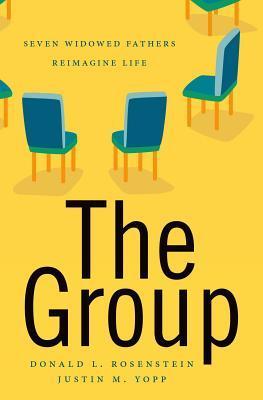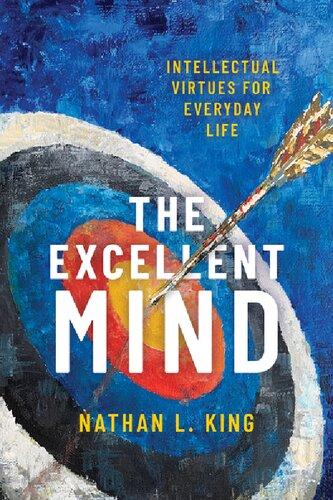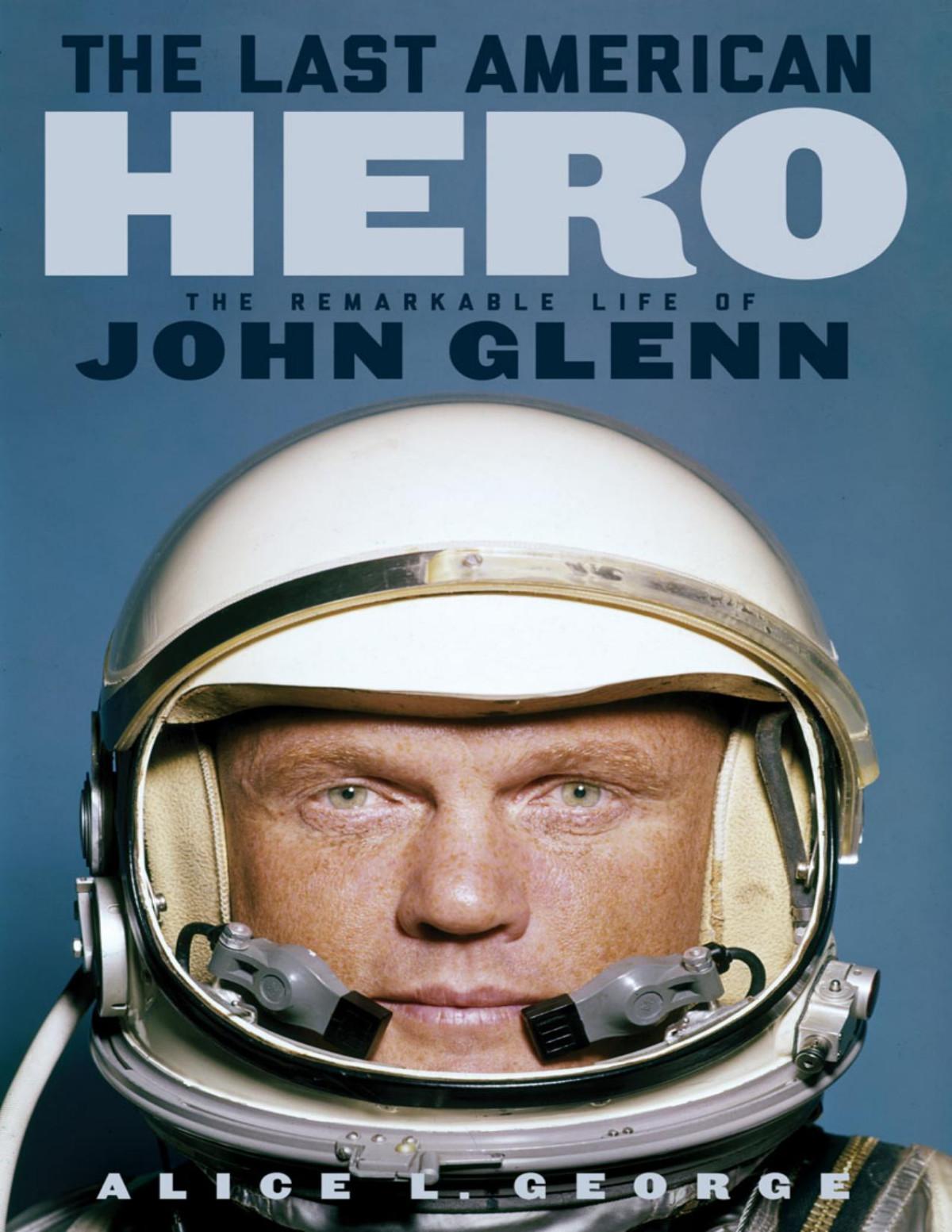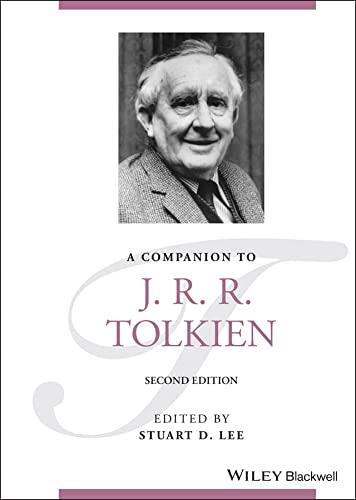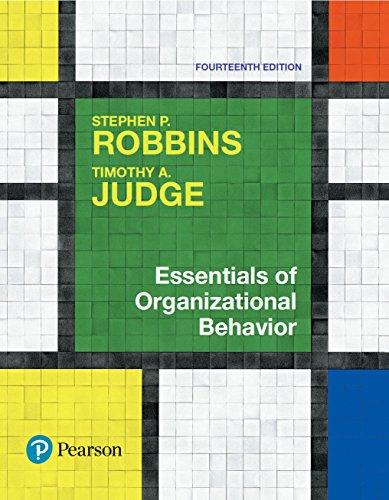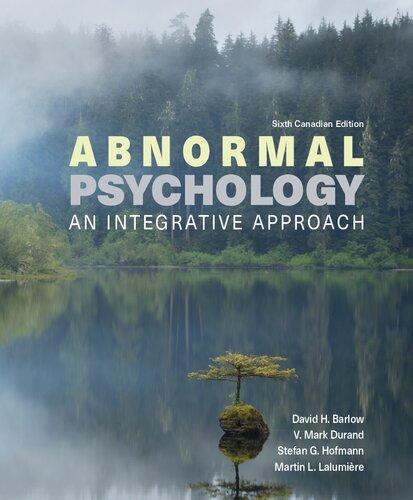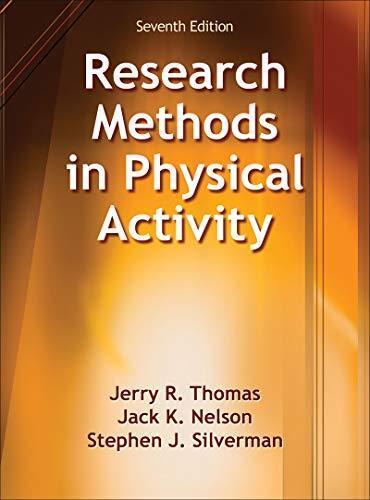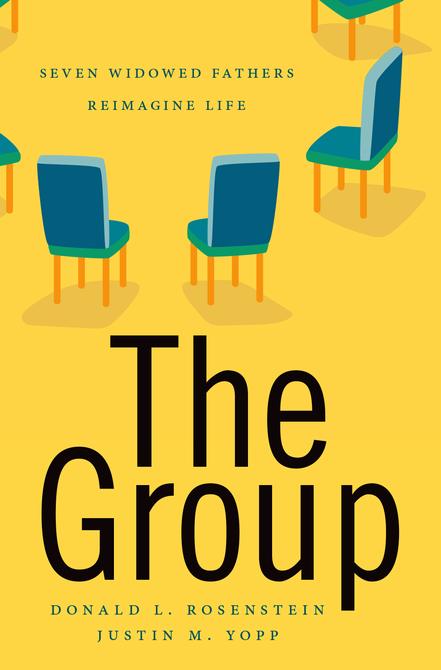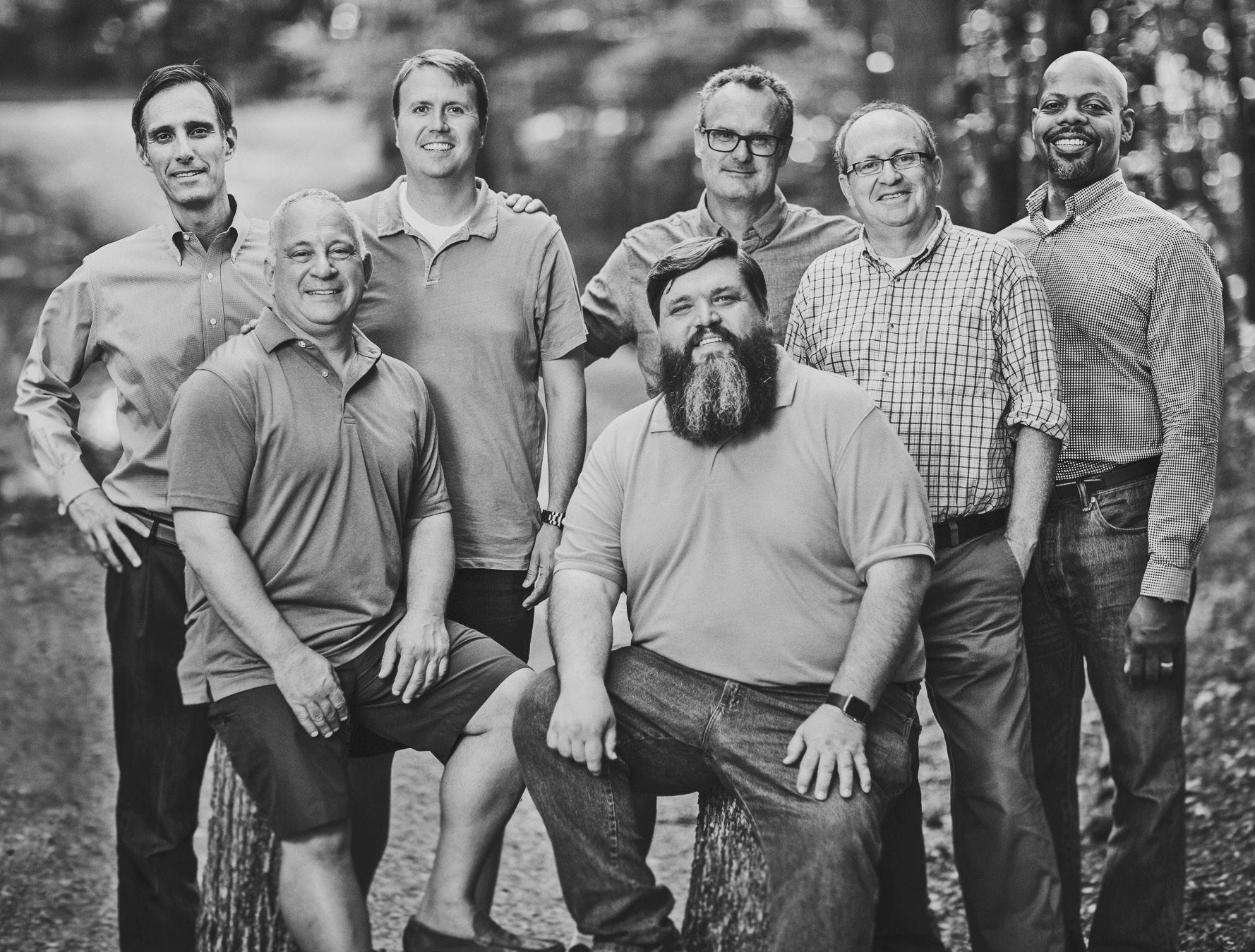The Group
The Group
Seven Widowed Fathers
BY DONALD L. ROSENSTEIN, MD
JUSTIN M. YOPP, PHD
Oxford University Press is a department of the University of Oxford. It furthers the University’s objective of excellence in research, scholarship, and education by publishing worldwide. Oxford is a registered trade mark of Oxford University Press in the UK and certain other countries.
Published in the United States of America by Oxford University Press 198 Madison Avenue, New York, NY 10016, United States of America.
© Donald L. Rosenstein and Justin M. Yopp 2018
All rights reserved. No part of this publication may be reproduced, stored in a retrieval system, or transmitted, in any form or by any means, without the prior permission in writing of Oxford University Press, or as expressly permitted by law, by license, or under terms agreed with the appropriate reproduction rights organization. Inquiries concerning reproduction outside the scope of the above should be sent to the Rights Department, Oxford University Press, at the address above.
You must not circulate this work in any other form and you must impose this same condition on any acquirer.
Library of Congress Cataloging-in-Publication Data
Names: Rosenstein, Donald, author. | Yopp, Justin M., author.
Title: The group : seven widowed fathers reimagine life / by Donald L. Rosenstein, MD, Justin M. Yopp, PhD.
Description: New York, NY, United States of America : Oxford University Press, [2018] | Includes bibliographical references. Identifiers: LCCN 2017007216 | ISBN 9780190649562 (hardback)
Subjects: LCSH: Bereavement—Psychological aspects. | Widowers—Psychology. | Fathers—Psychology.
Classification: LCC BF575.G7 R677 2018 | DDC 155.9/3708655—dc23 LC record available at https://lccn.loc.gov/2017007216
This material is not intended to be, and should not be considered, a substitute for medical or other professional advice. Treatment for the conditions described in this material is highly dependent on the individual circumstances. And, while this material is designed to offer accurate information with respect to the subject matter covered and to be current as of the time it was written, research and knowledge about medical and health issues is constantly evolving and dose schedules for medications are being revised continually, with new side effects recognized and accounted for regularly. Readers must therefore always check the product information and clinical procedures with the most up-to-date published product information and data sheets provided by the manufacturers and the most recent codes of conduct and safety regulation. The publisher and the authors make no representations or warranties to readers, express or implied, as to the accuracy or completeness of this material. Without limiting the foregoing, the publisher and the authors make no representations or warranties as to the accuracy or efficacy of the drug dosages mentioned in the material. The authors and the publisher do not accept, and expressly disclaim, any responsibility for any liability, loss or risk that may be claimed or incurred as a consequence of the use and/or application of any of the contents of this material.
9 8 7 6 5 4 3 2 1
Printed by Sheridan Books, Inc., United States of America
This book is dedicated to the memories of:
Deanna
Joy
Sarah Kelley
Susan Catie
Lisa
CONTENTS
PART I Unimaginable Loss
1. Neill’s Dilemma 3
2. The First Meeting 9
3. Beyond Death and Dying 19
4. Going It Alone 29
5. The Wrong Parent Died 37
6. “Of Course I’m Depressed, but Do I Have Depression?” 43
7. Band of Brothers 51
PART II Adaptation
8. The Good Enough Father 63
9. A Child’s Grief 73
10. The Ring Thing 83
11. Last in Line 91
12. Dating 2.0 99
PART III Reimagined Lives
13. Future Trajectories 111
14. The Meaning of Life 115
15. Posttraumatic Growth 123
16. An Unexpected Partnership 131
17. Hard-Earned Wisdom 141
18. Winding Down 149
EPILOGUE 159
ACKNOWLEDGMENTS 165
BIBLIOGRAPHY 167
INDEX 171
Reunion, 2017: Standing (from left)—Bruce, Steve, Karl, Dan, Russ; seated (from left)—Joe, Neill
PART I
Unimaginable Loss
Neill’s Dilemma
“Dad, you cannot be serious!”
Julie had made what she thought was a simple request: Could she go to the hockey game with her friends on Friday night? To her father, Neill, it was a very big deal. That Friday would be the first anniversary of the death of his wife (Julie’s mother), Deanna. Neill had spent weeks figuring out just the right way to mark the date, ultimately deciding to take his four children to visit the gravesite, release balloons, and then have dinner at what had been Deanna’s favorite restaurant. Most importantly, they would spend the day together as a family, something Deanna would have liked. Now, with the anniversary only a week away, his fifteen-year-old daughter wanted out.
“Are you really saying that I can’t go?” Julie asked again.
“That’s exactly what I’m saying,” Neill said tersely. “You do realize why next Friday is so important, right?” When he questioned whether she cared more about going to a hockey game than honoring her mother, Julie
became indignant. She shot back that just because she wanted to hang out with her friends did not mean she had forgotten about Mom. The argument escalated quickly. Neill was resolute; like it or not, she would be spending next Friday night with her family. Julie stormed off to her room and slammed the door.
For the next several days, they barely spoke to each other. Neill could not believe his daughter was acting as if the first anniversary of her mother’s death was just another day. Still, he hated that they were arguing. He knew that Julie was grieving too and he worried, not for the first time since Deanna died, that his initial reaction had been unnecessarily harsh. Neill felt lost and alone. As he had done from time to time over the past year, he lay down on his bed, looked up, and talked aloud to Deanna. But the one-way “conversation” brought little clarity.
The next night, Neill attended a support group for men who were widowed fathers raising children on their own. The two of us, a psychiatrist (Don) and a clinical psychologist (Justin), had recently formed the group and this was just the second time the fathers had met. Neill, a private man, had joined reluctantly. He never would have imagined discussing such personal details with people he barely knew. But with the anniversary only days away, and still at odds with Julie, he was desperate for guidance. He described his dilemma and looked to us—the “experts”—for advice. But at that point there were no studies and few theories to help resolve a problem like this, so we asked the group what they thought Neill should do.
The men immediately identified with Neill’s situation and appreciated his instinct to hold his ground on something that was so important to him. Still, the last thing he needed was to be dragging a sullen teenager to the cemetery and out to dinner. The fathers’ advice was unequivocal: “Let your daughter go to the hockey game.” As a fifteen-year-old girl still adjusting to her mother’s death, she probably needed the distraction. Wanting to hang out with friends on a Friday night is normal, and normalcy was probably something Julie was desperately craving. Besides, one of the fathers pointed out, not wanting to spend the anniversary in the way dictated by your father is not the same as being disrespectful of your mother’s memory.
Had a friend or family member so directly challenged Neill’s stance, he might have dismissed the advice as coming from someone who couldn’t understand what he was going through. Hearing from others who were “in the same awful boat” was different. These guys got it, the whole widowed father thing. They suggested a compromise: Allow Julie to go out with her friends after visiting the cemetery as a family in the afternoon. That sounded reasonable enough to Neill and having a plan gave him the confidence to talk with Julie again.
The group discussion helped Neill in other ways too. With the anniversary of Deanna’s death approaching, he had found himself ruminating about the end of her life. He had been replaying the medical decisions he was forced to make during her final days and he still wondered what he could have done differently. After being alone with his thoughts and feelings for so long, the meeting was the first time Neill shared with others all that he was going through. He left the meeting that evening feeling less burdened.
The next afternoon, Neill sat down with Julie. He said that he respected her right to grieve in her own way. He also explained why spending the day together as a family was important to him and he proposed the compromise. Julie listened quietly and without objection. Several days later, Neill and his four children visited the cemetery and remembered the wife and mother they had lost a year earlier. That evening, Julie went out with her friends. The anniversary had not unfolded as Neill had first imagined, but it turned out to be a meaningful day and the crisis with his daughter had passed.
Neill reported back to the other fathers at the next meeting. He thanked them for their help and admitted that asking for parenting advice had been difficult for him. Bruce, another father with a teenage daughter, quickly joked that Neill was not the only incompetent parent in the room. “I’m just glad you went first!” It was the group’s first light moment as they acknowledged to each other that they were in way over their heads.
The discussion then turned to the upcoming holidays, which for most of the men would be the first without their wives. Bruce jumped in again: “I’m absolutely dreading Christmas. And now my youngest daughter says she
wants to hang a stocking for her Mom. Honestly, that one had not even crossed my mind. Any thoughts, guys?”
■
As far as we could tell, a support group specifically for widowed fathers had never been done before. Our interest in starting one grew directly from our clinical experiences caring for patients and their families at the Lineberger Comprehensive Cancer Center at the University of North Carolina (UNC). In our roles at the cancer hospital, we often consult with patients nearing the end of their lives. Within the span of a few of months, we cared for several terminally ill women with young children at home. Their sadness was profound and the inevitability of leaving their children nearly too much for them to handle. Furthermore, their anxiety about how their husbands would manage without them was palpable.
Our thoughts remained with these families after the mothers died. We had met several of the fathers during their wives’ treatment and could only imagine what it was like for them to assume all parenting responsibilities, including helping their children grieve, in the midst of their own mourning. As the sole caregiver in the home, each man felt an unavoidable need to carry on. We thought they would benefit from meeting with other widowed parents and assumed that we could refer them to existing support groups. Surprisingly, we were unable to find a single program specific to their needs, either locally or nationally. We soon realized that both clinicians and researchers had almost completely neglected the needs of widowed fathers.
We started the Single Fathers Due to Cancer Program to fill this gap. Seven fathers signed up for the original support group. Five of them— Karl, Bruce, Dan, Joe, and Neill—were present the night of the first meeting. Two others, Russ and Steve, would join later. Initially, we scheduled just six sessions. Instead, the men would meet regularly for nearly four years. Over that time, each father navigated his darkest days and began to reimagine a future for his children and himself. The fathers would become enthusiastic collaborators with us on educational and research projects and, in turn, bring much-needed attention to the challenges facing
widowed parents. Each man has encouraged us to write this book, which grew directly from our work together.
■
Most of us carry a general expectation about how our lives will unfold. This may include finding someone to love and grow old with; working in a meaningful and fulfilling career; raising healthy and well-adjusted children; or establishing roots and a place to call home. But plans change or tragedy strikes and our life trajectories become disrupted in unpredictable ways.
Figuring out how to honor the first anniversary of your wife’s death while managing both your and your children’s grief is a challenge specific to widowed parents. However, on a fundamental level, it illustrates a phenomenon that nearly everyone faces at some point in their lives: how to adapt following a loss. Whereas the death of a loved one is perhaps the most profound example, loss comes in all forms. Being diagnosed with a serious illness. Ending a relationship. Suffering a life-altering injury. Learning that your child will face developmental delays. Surrendering your home to foreclosure. Being laid off from work. The manner in which Neill and the other fathers adapted to their new lives has relevance for people facing all types of loss.
On the whole, people are more resilient than they might imagine. Yet exactly how someone adapts following a major loss is not well understood. This book integrates the experiences of seven widowed fathers with contemporary research findings and, in doing so, provides a novel and up-todate perspective on response to loss.
This book also illustrates the healing potential of shared grief. Perhaps more telling than their individual struggles is the shared story of seven men, brought together by tragic circumstances, who supported each other in ways no one else could. Over the course of several years, they encouraged each other through painful setbacks and celebrated increasingly frequent successes for both themselves and their children. In the end, each father benefited enormously by sharing with, and giving to, each other.
As facilitators of the group, we had the privilege of participating in the fathers’ connection with and generosity toward each other. We developed a deep respect and fondness for these men who, like us, hope that this book will provide some measure of solace for those struggling to adapt to what may seem like an insurmountable loss. Their willingness to share their hard-earned insights and wisdom has informed and inspired us.
The First Meeting
Dan had been terrified of speaking in front of people for as long as he could remember. As a child, he avoided eye contact with teachers so they wouldn’t call on him in class and he insisted on non-speaking parts when he had to participate in school plays. In high school, he feigned stomachaches to avoid giving class presentations and never dared to run for student council. Over time, Dan’s fear of embarrassment shaped his personality. He was shy and introverted, and he stayed away from situations that invited scrutiny.
Naturally, when Dan first heard about a new support group for recently widowed fathers, he thought there was no way he could join. Opening up to a room full of strangers about his wife’s illness and recent death was nightmare material. It was precisely the kind of situation he had spent a lifetime avoiding.
Still, Dan knew that he needed some kind of help. He had been in bad shape in the months since his wife had died. He felt isolated in his grief
and overwhelmed by the prospect of raising two children by himself. As Dan saw it, his kids not only lost their mother but were now stuck with a father whose ineptitude as a parent was only making things worse: a cruel “double-whammy.” Despite his fears, he decided to join the support group because he felt he owed it to his children to be a better parent.
Dan set the bar low for that first night: show up, sit quietly, listen to the other fathers, and avoid drawing attention to himself. If asked to share his story, he would offer only the barest of details. If called on to participate in group discussion, he would keep his input to a minimum.
As he pulled into the parking lot for the first meeting, Dan felt a familiar wave of anxiety. His stomach churned and his heart began to pound. He thought about turning back. Instead, Dan closed his eyes and tried to calm down. After ten minutes, he took a deep breath and stepped out of the car. ■
Dan was one of six fathers who attended the support group on that first night. Seated around an oval table in a nondescript clinic conference room, the only thing the men knew about one another was what they could infer from their attendance: that each had recently lost his spouse and had children at home. Some made small talk while waiting for the meeting to begin. Dan sat nervously and stared down at his phone, wishing he could be an observer rather than an active participant.
When the fathers had all arrived, we introduced ourselves as the facilitators of the group and explained that our clinical work and the lack of resources for widowed fathers had led us to start this project. We outlined our plans for the group: six monthly sessions, each focused on an aspect of being a widowed parent. Meetings would begin with a 30- to 45-minute lecture (for example, on how to tell the difference between normal grief and depression in a child) followed by group discussion. To make it easier for the men to attend, we arranged for child care in a room down the hall.
We then asked each father to introduce himself and share his story. This was the moment Dan feared most. As it turned out, each man found it painstakingly difficult to condense the story of his wife’s diagnosis,
treatment, and death and somehow articulate how he and his children were coping.
Karl, a computer software engineer and father of two, volunteered to go first. His wife had died earlier that year from lung cancer that had spread to her brain. Throughout her treatment, she stayed single-mindedly focused on finding a cure and opted for experimental chemotherapy when standard drugs failed to slow her cancer. In her final weeks, with her mental clarity failing, she was unable to say goodbye to either Karl or their children. Karl deeply regretted not having seen sooner that the end of his wife’s life was near. “Even though I knew she was going to die, it all happened so fast at the end. It was too late before I realized it was too late.”
Joe introduced himself next and spoke in a hushed, measured voice. His style was earnest and straightforward as he described his wife’s five-year struggle with breast cancer. For Joe, adapting to single fatherhood included the challenge of parenting children at very different developmental stages. This was most striking when he talked with them about their mother’s death. Conversations with his two oldest daughters, a junior and senior in high school, were candid and practical. In contrast, Joe used much simpler language with his youngest child, a daughter with Down syndrome who had just started kindergarten. The discussion with his eleven-year-old son required a different approach altogether.
Bruce seemed most at ease in the group setting as he chatted with the others before the meeting began. But his social gifts hardly made it easy for him to talk about losing his wife to colon cancer. Shaking his head and wiping away tears, he acknowledged that her death still felt unreal to him six months later. Being a widower in his mid-forties was not how his life was supposed to turn out. Shortly before she died, Bruce’s wife told him that as a future single parent of their three daughters, he had it harder than she did. Having watched her endure months of grueling treatment, he dismissed the comment as absurd. Now, trying to raise his girls, work full-time, and manage a household on his own, Bruce wondered if his wife had been right after all.
Neill was already preparing for the first anniversary of Deanna’s death, but it would not be until the next month’s meeting—after his argument
with his daughter—that he brought it up for group discussion. The previous autumn, Deanna had developed respiratory symptoms and was initially misdiagnosed. Without the appropriate treatment, her condition rapidly worsened and within weeks of her first, seemingly innocuous symptoms, Neill was a widowed father. In that way, his experience differed from the others: he hadn’t watched his wife decline during a prolonged course of cancer treatment. But, just like the others, his grief was profound and his confidence in raising his children was deeply shaken.
The next father to speak was a young man who was stationed at a nearby military base, far from his extended family. His wife had died only weeks earlier, leaving him to raise three very young children. He described caring for his children during his wife’s numerous and lengthy hospitalizations and he sobbed as he shared details of the day she died. This father would return the following month, but after that we never heard from him again. We suspected that either it was too soon after his wife’s death to talk about it all or that the group format was too uncomfortable for him.
As the only person left to introduce himself, Dan had nowhere to hide. Another rush of anxiety swept over him as he began to describe his wife and how they had first met nearly twenty years earlier. He had recently moved to North Carolina and was attending a small election night party where a friend introduced him to Sarah. Although he was nervous at first, Dan’s anxieties waned the more they talked. They had the same political views and soon discovered shared interests in literature, music, movies, and the outdoors.
Dan and Sarah dated for two years before getting married and starting a family. Dan worked as a reading specialist at a local high school, a rewarding job that allowed him to work individually with students and required no public speaking. Sarah started a company translating hightech user manuals into foreign languages. At home, Dan instilled in their son and daughter his love for music and taught them how to find serenity in nature. He and Sarah were loving and attentive parents who prioritized family time with their two children above all else.
Each summer, the four of them visited Dan’s side of the family in upstate New York. For Sarah, the vacation was a much anticipated break from the
humidity of the South and a chance to unplug from work. So a nagging, upset stomach was not going to keep her from making the trip. She spent most of the week resting in bed but insisted it was just a bug. On the long drive back to North Carolina, Sarah was miserable. The pain in her abdomen was sharp and relentless. When they pulled over at a rest stop in Virginia, she noticed blood in her urine. Dan wanted to find the nearest emergency room, but Sarah insisted on getting home and going into work the next morning. By the next afternoon, with the pain having persisted, she relented. Dan rushed her to the hospital where she went through a series of scans and blood tests. The diagnosis was devastating: advancedstage colon cancer that had already metastasized throughout her body.
Treatment started immediately and was all-consuming. Hospital admissions, doctors’ appointments, and chemotherapy infusions bookended stretches when Sarah was too exhausted to get out of bed. After five months, not only had her tumors failed to shrink, but, in the words of her oncologist, they had “spread like wildfire.” Her healthcare team recommended hospice, but neither she nor Dan was ready. Sarah wanted desperately to live as long as she could; her children needed their Mom. But she was growing weaker and becoming less alert. One night, while Dan was helping her to the bathroom, her legs gave out and she fell to the ground. Hearing the fall, their daughter ran out of her bedroom and was distraught at the sight of her mother on the tile floor. The next morning, Dan called to arrange for home hospice.
The following week was a blur. Dan hosted family and friends who came to say goodbye to Sarah. He negotiated tasks with the hospice nurses and slept whenever he could. When he told his children that their mother was dying, they were not as surprised as he had anticipated. Dan never initiated a similar conversation with Sarah.
In the weeks following Sarah’s death, Dan was inundated with help. Neighbors organized a schedule for home-cooked meals, friends volunteered to drive the children to after-school activities, and it seemed like everyone was checking in on him. Dan found the influx of visitors and the focus on his state of mind overwhelming. Still, the help was desperately needed. And then … it all stopped. The meals were no longer delivered
and the offers to shuttle the children around town dried up. Soon, his freezer, which had once been full of ready-made meals from the “casserole brigade” was nearly empty. He and the children were suddenly on their own.
“It felt like I woke up one morning and it was all gone,” Dan said as he finished introducing himself to the group. “It seems like everyone got back to their normal lives. And now, it’s all on me.” In the end, Dan spoke longer and offered more detail than he had expected. Nonetheless, he was relieved when his turn was over.
The rest of us sat in silence after Dan finished his story. As mental health professionals with years of clinical experience in cancer hospitals, we were accustomed to hearing about awful and seemingly insurmountable circumstances. Yet, the collective magnitude of the loss these men had experienced, coupled with what they were still facing, was staggering. Had this first meeting been too intense? The men were already struggling with their own grief; perhaps exposing them to one tragic story after another was precisely the wrong thing to do. At that moment, we wondered whether the first gathering of the Single Fathers Due to Cancer support group would also be the last.
One of us (Don) broke the silence by acknowledging how difficult the last forty minutes had been and said that the rest of the evening and subsequent meetings were not likely to be quite so intense. That said, each father would have to continue sharing painful details of his story. For this group to work, the men would have to take a collective leap of faith.
We asked the fathers why they joined the group. Some said they came at the urging of their friends and families. Several, including Dan, were drawn by the program’s implied focus on parenting. Had it been billed as a support group for men rather than fathers, they would not have signed up. Joining for their children’s sake was more acceptable than seeking help for their own grief and emotional well-being. To a man, the desire to help their children was the ticket in the door.
Joe, true to his no-nonsense manner, then said, “You know, I’ll be honest. I almost didn’t come tonight because, really, I am just not a ‘support group kind of guy.’ ” Heads nodded around the table. That acknowledgment
seemed to relieve some pressure in the room. None of the fathers had ever pictured himself as a “support group kind of guy.” Of course, none had imagined being widowed at such a young age with children to raise, a home to manage, and lives to restore.
Not surprisingly, Bruce, as the most outgoing father, was the only one who had previously been to a support group. A couple of months earlier, he had gone to a meeting offered by the hospice organization that had cared for his wife. He walked into that session only to find that he was the youngest person there by a couple of decades. While certain aspects of grief are universal, Bruce’s situation as a forty-four-year-old father with young children at home was fundamentally different from that of a seventy-six-year-old widow. The others were mourning spouses they had been married to for decades. He was grieving the loss of a future that had been taken away from him, while at the same time trying to figure out how to raise three grieving daughters by himself. Rather than finding connection and comfort, Bruce only felt different and more alone. He never went back to that group.
Both research findings and our own clinical observations leave little doubt that men are generally less open to seeking or accepting support than women. Societal expectations of male self-reliance and stoicism are not what they were generations ago, but these gender differences have endured. So, it is not surprising that women make up the overwhelming majority in bereavement groups. Even the phrase itself—“support group”—implies a degree of vulnerability or neediness that some men don’t want to acknowledge in themselves. These biases provided a cultural backdrop against which the fathers decided to join our unique experiment.
The fathers began discussing what made their situations so challenging. They found common ground in precisely the circumstances that had isolated them elsewhere. They felt like third wheels around their married friends and couldn’t quite relate to the parenting struggles of their divorced friends. The fathers in the group had not chosen to be single. Furthermore, being a widowed father didn’t allow for weekends off or the episodic relief of shared parenting. Karl captured the difference by saying

